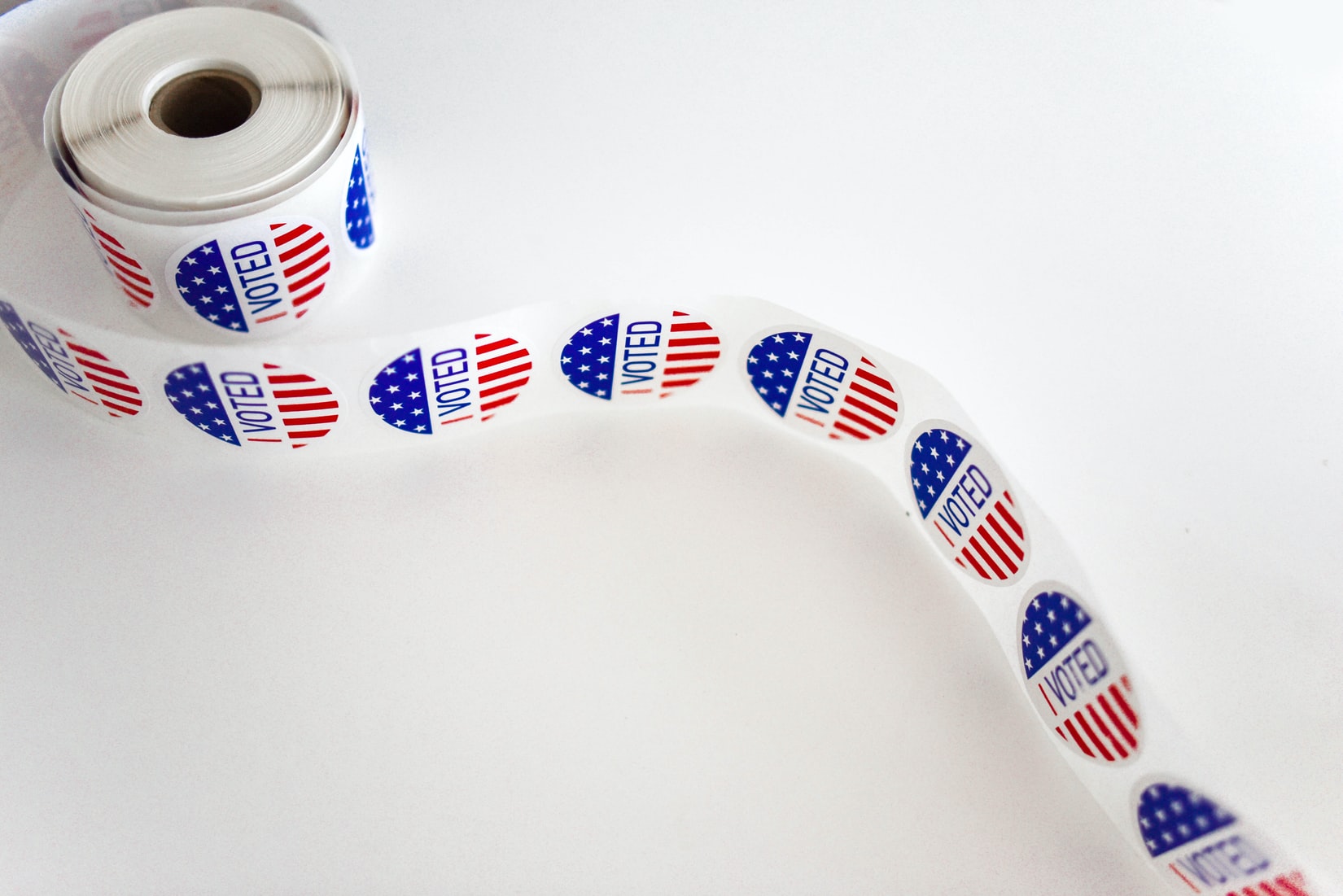Cherry Digital‘s study on voter fatigue and political public relations was featured last week in the LA Times (Spanish version). You can read the California press release below or follow the link at the bottom of the page.
A survey of 3,000 voters by communications and public relations firm, Cherry Digital, revealed that 36% of California voters say they are already worn out by election coverage. What can seem like endless debates, ads, polls and mudslinging could be causing voters to switch-off from the election cycle.
But it may not only be the time spent appealing for their votes which riles many Californians – the huge amounts of money spent on this year’s election could be unprecedented. Indeed, as Mark Hanna, a U.S. senator from Ohio stated in 1895: “There are two things that are important in politics. The first is money, and I can’t remember what the second one is.”
According to estimates, $2.4 billion was spent on the 2016 presidential elections. This amount would have been larger had Donald Trump not achieved so much free publicity (called ‘earned media’). Ad spending by candidates for other federal offices, such as the House of Representatives and the Senate, the total figure ballooned to about $6.5 billion.
The survey revealed that the vast sums spent on elections has prompted a growing appetite by the electorate for elections to be capped financially. 72.8% of Americans favor a more European-style limit on election spending.
“When it comes down to campaign financing, it’s down to contrasting philosophical approaches: liberty vs equality. The former approach argues you should have the freedom to spend what you like, whereas the latter favors a more level playing field”, says Andrew Elliston, Director at Cherry Digital.
The steep cost of running for president has a direct influence on making the campaigns as long as they are, as candidates need time to fundraise. The last US election lasted almost 600 days, measured from the point when Ted Cruz first announced he was running for President. 54% of US voters favor official campaign periods – in the UK, for example, the (official) campaign period is just 5 weeks.
And as is evident by his regular campaign rallies, President Trump never really stopped campaigning – his 2016 campaign effectively rolled into his 2020 effort without a break. Not withstanding his uncanny ability to use media relations to communicate his message, his campaign operation took in $67.5 million from the month he took office, to the end of December 2018.
However, it should be noted that many argue there are positive aspects to the length of US elections. Primary elections, although a significant factor in dragging out a campaign, provide voters with a greater say in who should be their party’s presidential nominee – a certainly more democratic development than when party leaders appointed the party standard-bearer.
Yet, above money and time spent on elections, Cherry Digital’s research found that the number 1 issue shared by all voters, regardless of political affiliation is that of substance.
A whopping 89% of respondents think politicians nowadays are ‘more about spin that substance’ – that is – saying almost anything, so long as it gets them elected. Many of these lofty claims are then magnified in social media channels such as Twitter: 66% of respondents said they think social media has divided us more as a nation than brought us together when it comes to politics.
“Our research shows that there is a clear appetite for change to our election system, whether it be a limit to campaign funds, set election periods or more accountable politicians.” adds Mr Elliston.
You can see how voter fatigue differs across America with the below infographic: https://www.cherrydigital.co/voter-fatigue-and-earned-media/
If you are looking for political public representation, please get in touch with us here
